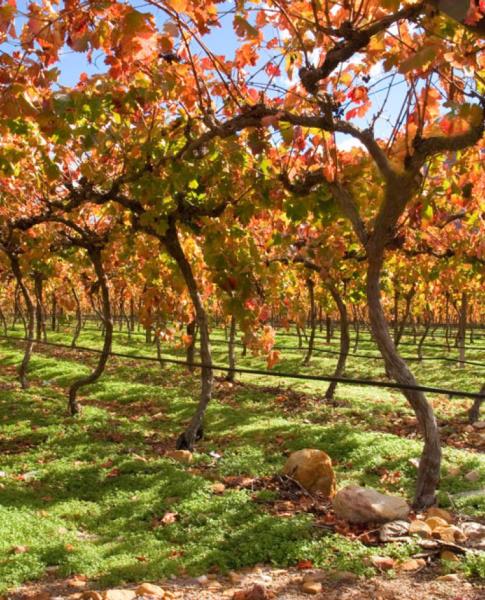18 June 2025

Côte d’Ivoire, situated just above the equator and south of the Tropic of Cancer, enjoys a unique combination of geographical benefits and a favourable climate. The nation’s flat terrain and low elevations, which do not exceed 400 meters, offer fertile plains and plateaus ideal for extensive agricultural development. The tropical climate ensures abundant sunshine throughout the year, creating optimal conditions for cultivating high-quality crops such as cocoa, coffee, cashews, and rubber — key products for both domestic and international markets.
Despite its agricultural potential, Northern Côte d’Ivoire faces significant challenges in network connectivity. With nearly 47% of the population living in rural areas, the agricultural sector is crucial for both employment and economic stability. However, due to a lack of infrastructure, many rural residents are effectively cut off from essential communication services, including voice calls, text messaging, and internet access. This isolation hampers local economies, obstructs e-commerce initiatives, and stifles necessary digital transformations within the agricultural industry.
Tackling network gaps
In response to these pressing connectivity issues, Huawei has partnered with the Ministry of Communications of Côte d’Ivoire, supported by funding from the World Bank. The initiative aims to erect 155 base stations across remote villages in Northern Côte d’Ivoire, using Huawei’s innovative RuralStar solution. This low-cost, efficient system features a 2G+3G network architecture designed specifically for rural areas.
Huawei’s RuralStar solution is designed for versatility and ease of installation. Its standardized architecture allows for deployment on poles ranging from 18-35m tall, tailored to the local terrain. This makes it an excellent choice for cost-effective construction without sacrificing quality. Additionally, the maintenance process is simplified through a base station controller (BSC) established in a central data hub, significantly reducing manual maintenance costs and complexities.
Contrary to the stereotype that lower cost equates to lower quality, Huawei’s RuralStar delivers reliable performance at an affordable price. Each base station utilizes a low-power, outdoor baseband unit (BBU) alongside omnidirectional antennas, covering distances of 3-5km. With outdoor microwave technology, RuralStar maintains a remarkably low power consumption of only 60 watts, ensuring consistent data transmission and network reliability.
Sustainable and eco-friendly solutions
Huawei’s RuralStar not only addresses connectivity needs but also promotes environmental sustainability. The solution harnesses Côte d’Ivoire’s abundant sunlight to power stations using solar energy, boasting a standby time of up to 48 hours. This commitment to eco-friendly practices ensures stable network operations while supporting sustainable development goals.
The introduction of Huawei’s RuralStar solution has transformed rural communities in Northern Côte d’Ivoire by providing vital internet access. Farmers can now communicate easily with family members and gain knowledge about agricultural practices, ultimately boosting productivity and income. The implementation of e-agriculture initiatives has enabled farmers to access broader markets, alleviating poverty and enhancing the overall quality of life.
As Côte d’Ivoire continues to harness the benefits of connectivity, the positive effects of Huawei’s RuralStar initiative will resonate well into the future. By bridging the digital divide, Huawei is not only enabling local economic growth but also nurturing a more equitable and connected society. The impacts of this pioneering project showcase how technology can foster opportunities and uplift communities that were once left behind.







